What are After-Tax Contributions?
After-tax contributions* to a 401(k) plan refer to contributions made by an employee with money that has already been taxed. Unlike traditional pre-tax contributions, where contributions are made before taxes are deducted from the employee's paycheck, after-tax contributions are made with income that has already been subjected to income tax.
Here's how after-tax contributions work within a 401(k) plan:
Tax Treatment: Since the money used for after-tax contributions has already been taxed, these contributions do not reduce the employee's taxable income in the year they are made. However, the advantage comes later in the retirement distribution phase.
Contribution Limits: After-tax contributions are subject to the overall contribution limits set by the IRS for 401(k) plans. That is, the combined limit for employee and employer contributions (including both pre-tax, Roth, and after-tax contributions) or 100% of the employee's compensation, whichever is lower.
Withdrawals and Tax Treatment: While the contributions themselves have already been taxed, any earnings on after-tax contributions grow tax-deferred within the 401(k) plan. When distributions are taken from the 401(k) plan, taxes are paid only on the earnings, not on the original after-tax contributions. This can provide potential tax advantages in retirement, especially if the earnings have grown significantly over time.
Table 1: Tax Implications for the different contribution options:
| Pre-Tax | Roth | After-Tax | Employer |
Are contributions taxed when made? | No | Yes | Yes | No |
Are contributions taxed when distributed? | Yes | No1 | No2 | Yes |
Are earnings taxed when distributed? | Yes | No1 | Yes2 | Yes |
1A distribution from a Roth 401(k) is tax-free and penalty free, provided the five-year aging requirement is satisfied and one of the following conditions is met: age 59 ½, death, or disability.
2A partial distributions from a qualified plan must include a proportional share of the pre-tax and after-tax amounts in the account. Therefore while the portion of your distribution associated with your after-tax contribution is not taxable, the portion of your distribution associated with any pre-tax contributions or earnings on pre-tax or after-tax contributions is taxable.
Conversion to Roth: In some cases, employees may choose to convert their after-tax contributions and earnings to Roth, either through an in-service distribution or at retirement. This allows for future tax-free withdrawals, as qualified distributions from Roth accounts are tax-free.
Overall, after-tax contributions offer a way for individuals to save additional funds for retirement, with potential tax advantages in the distribution phase, particularly if converted to Roth dollars. However, it's essential to consider individual financial circumstances and consult with a financial advisor or tax professional before making decisions regarding after-tax contributions to a 401(k) plan.
*After-tax contributions are an electable provision for 401(k) plans and must be allowed in your company’s governing plan document. To determine if this is an available option to you, please be sure to review your 401(k) plan’s Summary Plan Description.
The information contained herein is not intended as financial, legal or tax advice, and may not be suitable as required by specific circumstances. Please consult your financial planner, attorney and/or tax adviser as needed.


